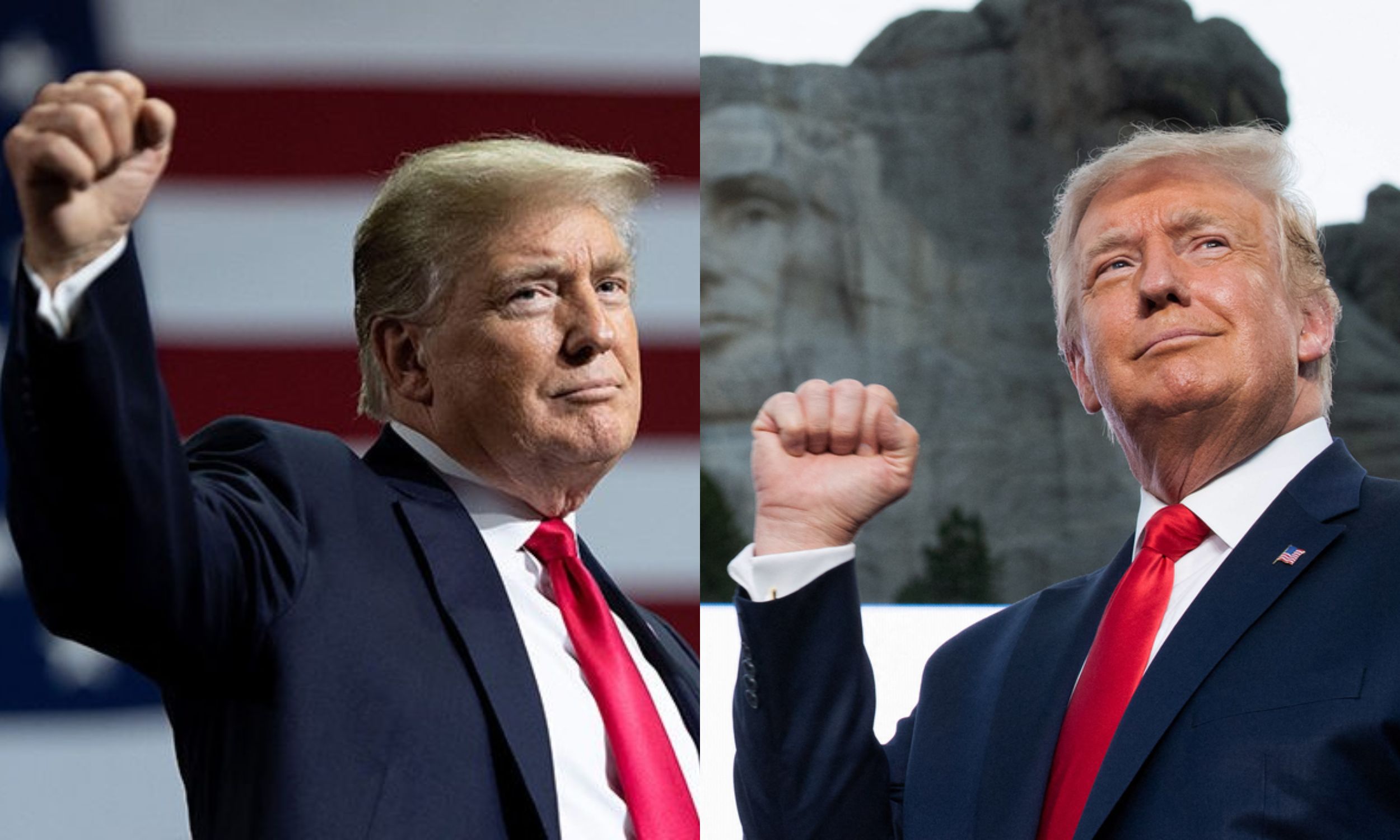Donald Trump has thrust the issue of presidential pardon power into the spotlight during this election, underscoring the urgent need for congressional oversight to prevent its misuse.
To start, Trump may be the first presidential contender to openly campaign on the promise of granting clemency to criminals. He has floated the idea of pardoning over 1,400 individuals charged for their roles in the January 6th Capitol attack, calling them “Great Patriots.” A fundraiser at his New Jersey golf course is planned to help cover their legal expenses.

Secondly, Trump is in an unprecedented position as the only ex-president facing criminal charges, raising the alarming prospect of a self-pardon, which could severely undermine the rule of law.
The Supreme Court’s recent ruling, which grants immunity to presidential actions, has opened the door to potential abuse of executive power, particularly if pardons are issued to accomplices in criminal activities directed by a president. This ruling dangerously invites unchecked criminality back into the White House, largely due to Trump’s actions.
Thirdly, Trump’s approach to pardons and commutations is remarkable for its favoritism toward individuals closely tied to him, including friends, political allies, and those whose silence benefits him. Among those he pardoned are Roger Stone, Paul Manafort, and Michael Flynn—key figures in Robert Mueller’s investigation into Trump’s 2016 campaign.
Additionally, Trump pardoned four Blackwater contractors convicted of killing 14 unarmed civilians in Baghdad in 2007, along with several former members of Congress, such as Chris Collins, convicted of insider trading.
However, Trump commuted the sentence of Jonathan Braun, a violent drug trafficker, in 2020. Braun, who had a history of predatory lending and violent behavior, resumed criminal activities after his release, including alleged assaults. Braun’s clemency not only allowed him to continue his crimes but also derailed ongoing investigations, highlighting the dangers of unchecked pardon power.
While presidential pardons are intended to serve justice, Trump’s use of this authority appears to be a tool for protecting his allies, rewarding loyalists, and obstructing investigations. Historical examples, such as Bill Clinton’s controversial pardon of Marc Rich, demonstrate the necessity of scrutiny. Congress must take action to prevent future abuses if the pardon power is ever wielded corruptly from the Oval Office again.


